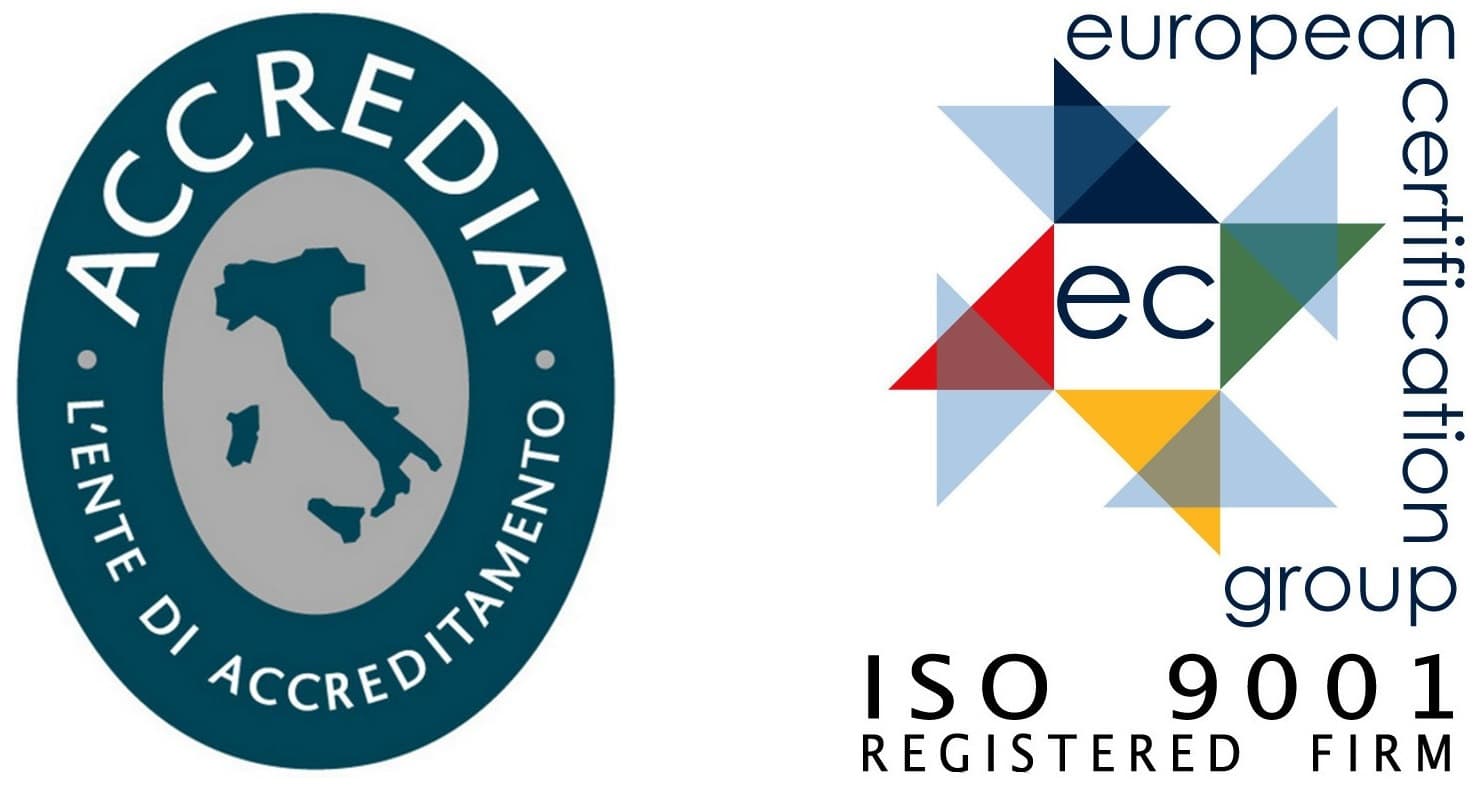Design and construction process reactors
The Pilotta process reactors are designed on the characteristics of the production process
The process reactors are used for industrial production applications with different capacities (from 1,000 to 10,000 liters), and can be continuous or discontinuous, depending on the process characteristics.
In the discontinuous process reactors (batch reactors) the reactor is filled with reagents and the reaction start: when the reaction is complete, the reactor is emptied, cleaned and filled again to perform further processing.
In the continuous process reactors, the most technically complex, the reagents are added continuously and catabolites are removed also continuously.
The choice of the type of reactor to be used depends on the characteristics of the process, the expected productivity and the nature of the treated compounds.
The process reactors can in fact be used also for different types of operations (crystallization, sterilization) as a function of installed equipment.
The nature of the compounds may be highly acidic or highly basic: for this reason the process reactors must be made of materials that are able to tolerate low pH (is the case of tank intended to accommodate hydrochloric acid, sulfuric acid) or high ( sodium hydroxide).
The adoption of different types of stainless steels allows to adapt to any type of chemical reaction, covering even the most aggressive and weared also in terms of pressure: you can use special coatings that increase performance and reliability in time.
Pilotta srl realize process reactors to suit the client, assisting in all phases (design, assembly, testing, maintenance).
The Pilotta process reactors allow full control of specific parameters such as dissolved oxygen, pH, shaking speed, pressure, temperature and are designed for different applications both outdoor (in this case using special coatings for protection against the weather) is indoor (clean rooms and sterile areas included).
The Pilotta process reactors can be employed in various industrial contexts:
- petrochemical industry
- cosmetic industry
- food industry
- paints production
- pharmaceutical industry

